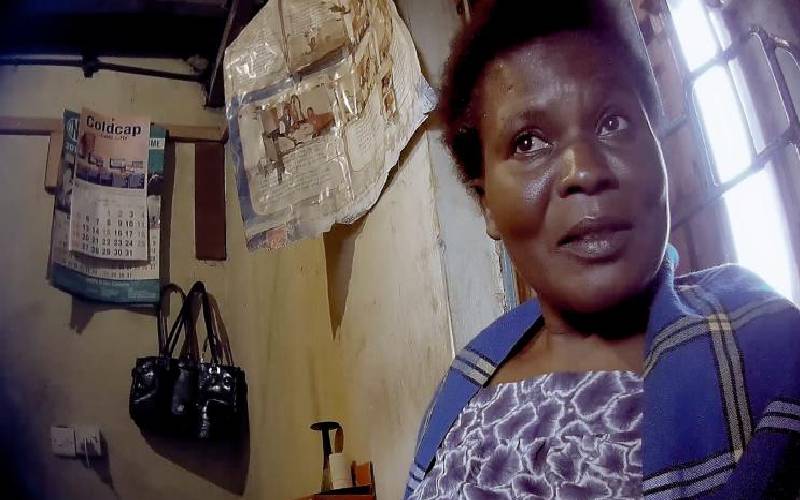×
The Standard e-Paper
Join Thousands Daily

Adama’s life was easy when she had her parents, she said. Money was tight and her options were already narrow, but there was an order to things that made sense. She attended school and cherished it. She had few worries. But then her father died when she was 12, and her mother a few years later. As the eldest of three, Adama had a duty to provide for her two siblings.
“Life became so hard then,” she said, in a conversation from her village in a rural part of western Kenya. “I had to drop out of school and fend for myself.”